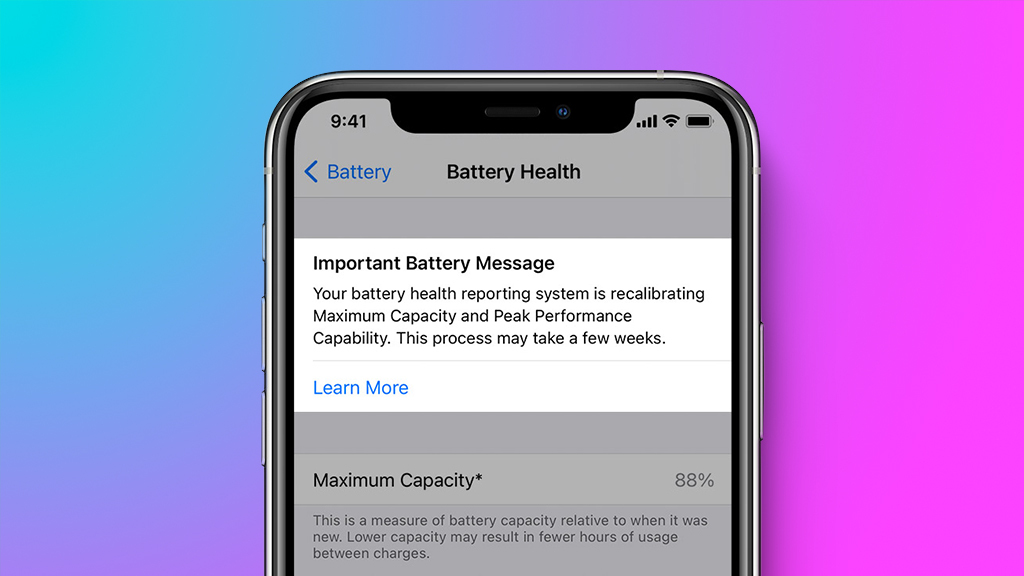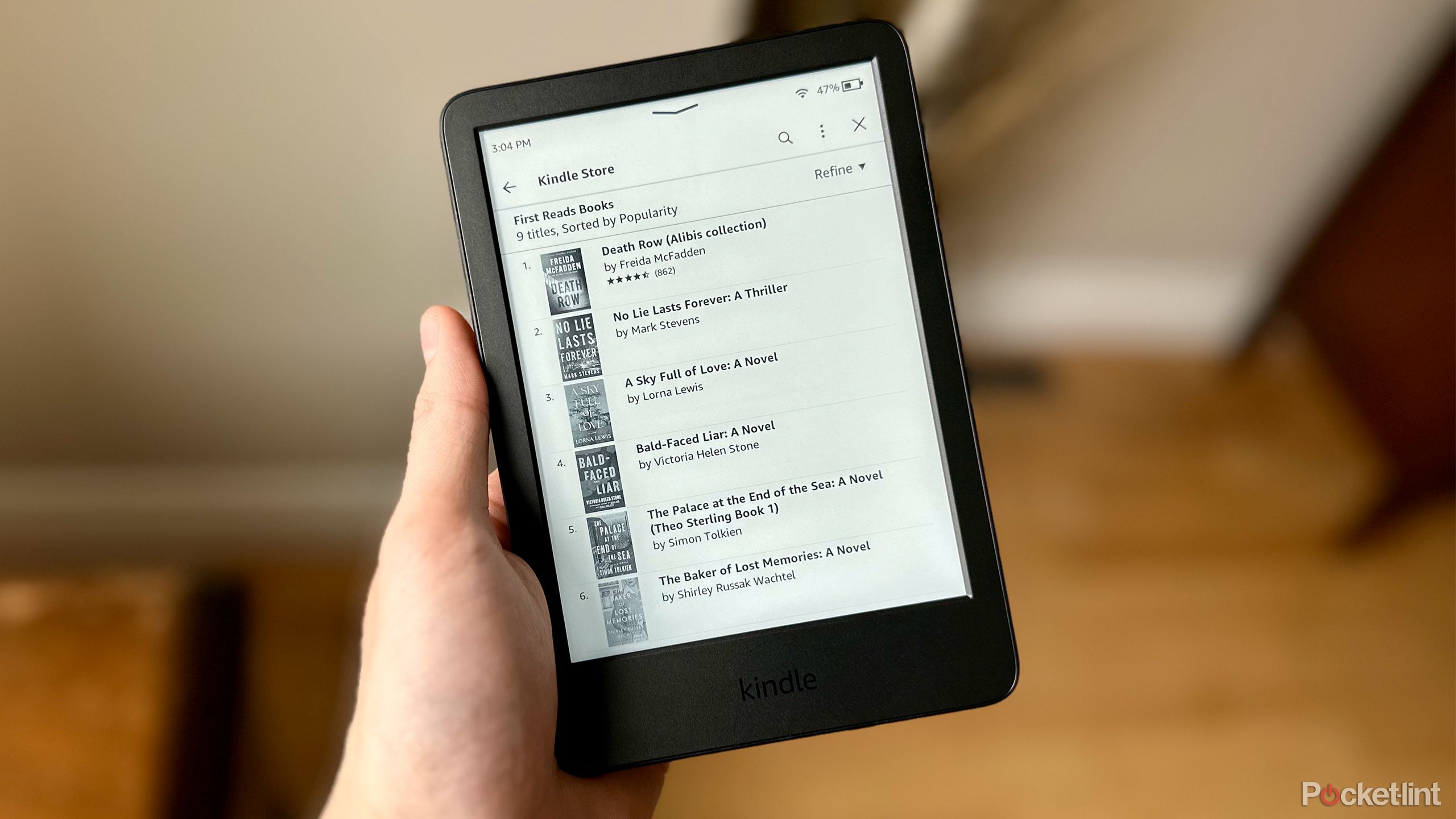iOS 14.5: How to Recalibrate Your iPhone 11 Battery
With the release of iOS 14.5, Apple introduced a new process for recalibrating the battery health reporting on the iPhone 11, 11 Pro, and 11 Pro Max.

The update recalibrates the maximum battery capacity and peak performance capacity on iPhone 11 models to address inaccurate estimates of battery health reporting that some users have encountered.
Symptoms of this bug include unexpected battery drain behavior or in some cases, reduced peak performance capability, but these issues should be fixed after installing the update.
Once you’ve updated your iPhone 11 to iOS 14.5 or later (Settings -> General -> Software Update), you’ll see a message in the Settings app under the Battery -> Battery Health section informing you of the recalibration process.

Note that the process can take a few weeks to complete after updating your device. This is because recalibration of the battery’s maximum capacity and peak performance capability takes place over the course regular charge cycles.
It’s also worth bearing in mind that the displayed maximum capacity percentage won’t change during recalibration, and while peak performance capability might also be updated, it may not be noticeable.
Only when the recalibration is complete can the maximum capacity percentage and peak performance capability information be regard as accurate. If the recalibration indicates that battery health has indeed significantly declined, you’ll see a battery service message.
In some cases, your iPhone 11 battery’s recalibration may not be successful and a battery service message will pop up. In such cases, Apple will replace affected batteries free of charge to restore full performance and capacity to your device.
This article, “iOS 14.5: How to Recalibrate Your iPhone 11 Battery” first appeared on MacRumors.com
Discuss this article in our forums




